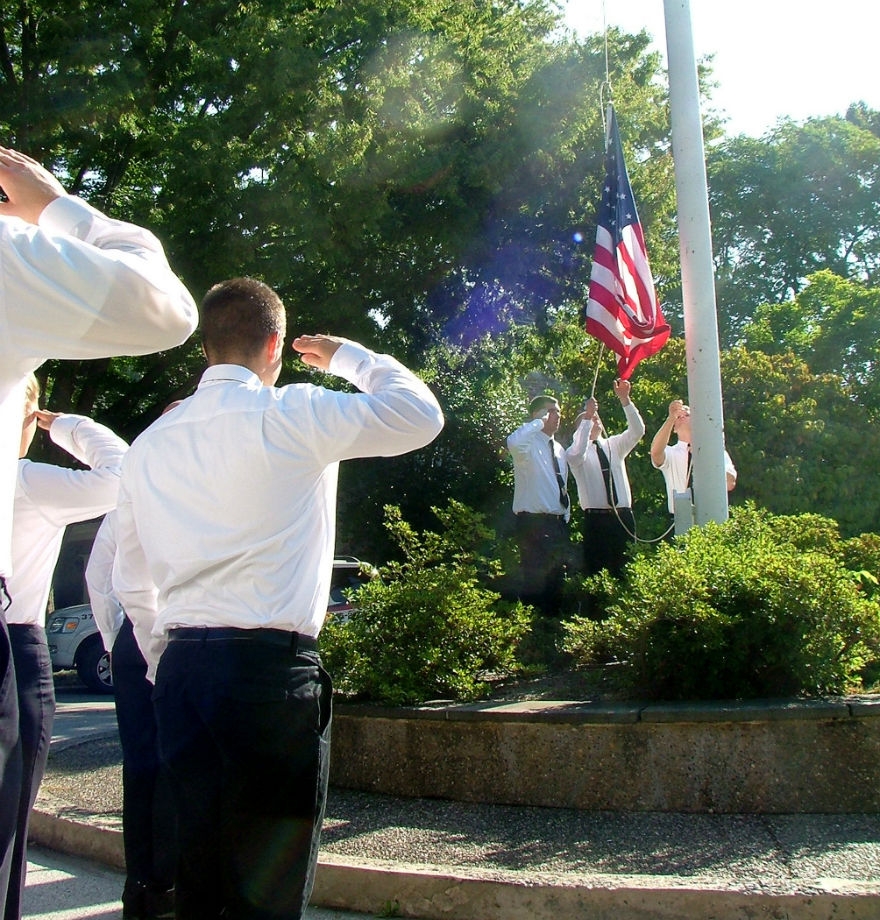Temple University Police Academy offers unique program for cadet families
This fall, Temple University Municipal Police Academy has expanded its reach to offer a special program to the families of its cadets.
Just as police officers face the difficult task of putting their lives on the line every day, the families and loved ones of each officer have to deal with the daily stress of knowing their spouse, parent, sibling or friend could find him or herself in the line of fire at any moment.
“There’s always a fear factor. Their loved one is pursuing a career in which when they leave for work, they might not come back,” said Robert Deegan, director of the Temple University Municipal Police Academy, offered at Temple University Ambler.
“It has a major impact on the family; it is a huge stressor. With our fall academy about to start, we wanted to provide a program for family members and loved ones to help them gain a better understanding of what those officers are going through,” Deegan said.
On September 16, Officer Beth Sanborn, a member of the Lower Gwynedd Township Police since 1997, presented “Life Alongside the Badge: What to Expect” to family, friends and loved ones of the cadets.
According to Sanborn, “flexibility and understanding” are essential to prevent small stresses from becoming bigger family concerns.
“Police work isn’t a 9-to-5 job. You will sleep at strange hours; you will have to go in on call; you will have to hang up on loved ones; you will miss events that are important to your family,” she said. “You have to put your own feelings, your own wants and needs aside to make the public feel whole and protected.”
Sanborn emphasized “allowing decompression time” for an officer returning home from a shift. “Officers have to build a balance between work and home and that period to make the transition from work to family is very important,” she said.
And she reminded her audience to be on the lookout for behavioral changes or signs of depression. “Police work is not an environment where officers tend to converse about their problems — their families have to be willing to step in and provide that support when it’s needed.”
Deegan said he knew of no other police academy in the country offering programs to educate the family and loved ones of cadets and help them prepare for the future.
“I think this will provide greater support for the officer — particularly because that barrier of not knowing what they do and what they are facing is gone,” Deegan said. “This kind of communication and education is essential.”
